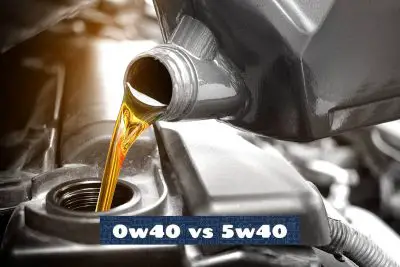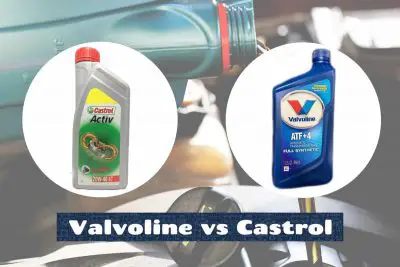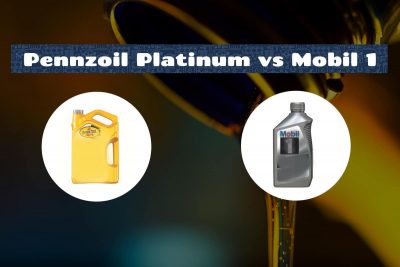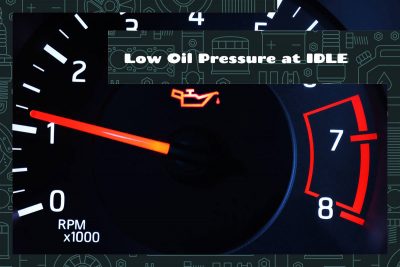The primary difference between 0W40 and 5W40 engine oils is their viscosity at cold temperatures. 0W40 oil flows more freely at low temperatures compared to 5W40. This means that 0W40 is generally better for cold starts and cold weather conditions and provide quicker lubrication to engine parts.
Valvoline is celebrated for its pioneering oil formulations and long-standing heritage in the automotive world. Castrol, on the other hand, is lauded for its cutting-edge lubricant technology and global presence. While both brands command respect, their unique attributes cater to varied automotive needs.
Pennzoil Platinum is derived predominantly from natural gas, resulting in a purer synthetic oil. On the other hand, Mobil 1 has a broad range of offerings designed for various engine types. While Pennzoil tends to be a choice for those prioritizing cleanliness and efficiency, Mobil 1 is often favored by high-performance and older vehicles.
0 oil life means the engine oil has reached its end of usability and no longer offers effective lubrication. That said, you may be able to drive an additional 100-200 miles before you absolutely change your car engine’s oil. Driving under these conditions can lead to engine wear, potential overheating, and decreased performance.
Low oil pressure at idle is often caused by factors like the use of incorrect oil type, worn-out oil pumps, clogged filters, or engine wear. Addressing the issue may involve changing the oil, replacing the filter, or seeking professional inspection and repair.
Starting fluid is a common aid used to ignite engines. It’s sprayed into the engine’s air intake to help the engine start. While effective, it may carry risks such as engine damage or harmful chemical exposure. So, what alternatives are there to starting fluid?
0W20 and 5W30 engine oils primarily differ in their viscosity levels and cold-temperature performance: 0W20 is a lower-viscosity oil, great for colder temperatures, and typically provides better fuel efficiency. 5W30, on the other hand, has a higher viscosity, making it more suited for warmer climates and older vehicles that require thicker oil.
The Nissan Rogue, revered for its reliability and efficiency, has etched its position in the world of compact SUVs. However, maintaining this performance requires a vital ingredient: the right type of engine oil. Not all oils are created equal and your selection can directly impact your Rogue’s longevity, fuel efficiency, and performance.
Looking for the best engine oil for your Subaru Forester can be an adventure in itself. With so many options to choose from, it’s easy to get lost in a sea of oil jargon and technical terms.
Engine oil reduces friction in your engine, cooling engine parts, and maintaining overall engine performance. However, not many people are aware that the color of the engine oil can reveal a lot about the engine’s health and the need for maintenance.
Most engine oils will begin to thicken at 50°F (10°F) and become unusable at -20°F (-29°C). That said, the freezing temperature for car oil depends on its grade.
In this article, I’ll show you how to change the oil in your Subaru Outback, as well as explain why you need to change your Outback’s oil regularly.











